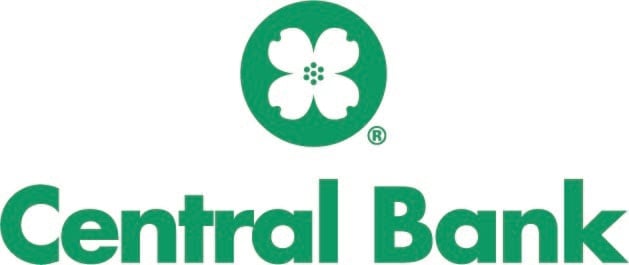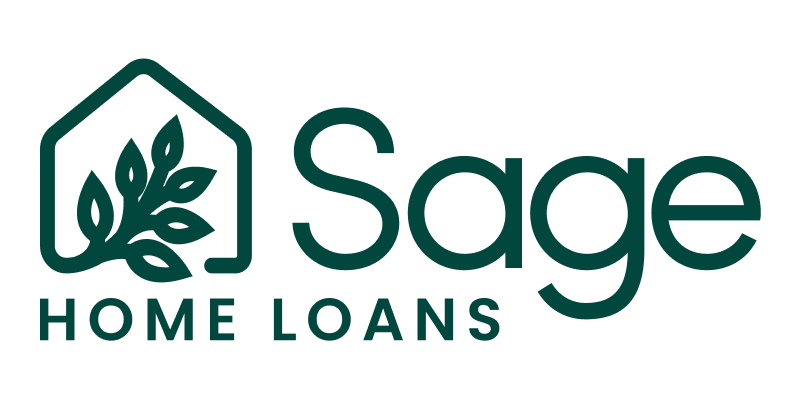Compare Today’s FHA Mortgage Rates | Sunday, February 15, 2026
Rates are current as of February 15, 2026 10:08 PM EST
APR 6.86%
0.00% 1wAPR 5.80%
-0.19% 1wAPR 5.35%
-0.10% 1wShow details
The Nerdy headline
Tomo’s online rates comparison tool is among the best we’ve seen for shopping rates — and both their rates and fees are competitive. While they don’t offer refinance or home equity options, the solid lineup of purchase loans could be a good fit for a wide range of home buyers, including those with credit challenges.
NerdWallet rating
5.0
- Comprehensive online rates comparison tool makes it easy to customize sample rates.
- Mortgage rates are on the low side, according to the latest federal data.
- Offers financing options for borrowers with lower credit and those without Social Security numbers.
- No refinance or home equity options.
- Loans not available in all states.

NMLS#1880338
APR
5.65%
APR
5.65%
Interest rate
5.13%
Est. mo. payment
$2,383/mo
Total fees
$8,269
Next Door Lending is a wholly-owned subsidiary of NerdWallet
Show details
The Nerdy headline
Next Door Lending, a mortgage broker, offers expert assistance shopping for and closing a loan, as well as specialty loans at competitive rates. Mortgages are not available in every state.
- Offers a variety of loan types, including first-time buyer programs and loans for self-employed borrowers.
- Real-time rate quotes available while working with a broker.
- Responsive customer service.
- Competitive pricing often available, especially for non-traditional borrowers.
- Does not publish interest rates online.
- No mortgage mobile app.
- Loans are not available in every state.
Show details
The Nerdy headline
Midwest-rooted Central Bank offers an online application, which you can track via mobile app. But you’ll have to contact the bank for mortgage rates.
Home loans overall
NerdWallet rating
4.0
- Among the best when it comes to online convenience.
- Offers a full selection of mortgage types and products, including jumbo, home equity, and government loans.
- Claims to offer preapproval within 24 hours of loan application.
- You'll have to complete a loan application to see mortgage interest rates.
- Bank branch locations limited to the Midwest.
- Does not offer home equity lines of credit.
Show details
The Nerdy headline
New American Funding is a major FHA lender, with a focus on this loan type, but its average FHA rates and fees are less competitive than some lenders.
FHA loans
NerdWallet rating4.0
- FHA loans make up a large share of New American's total home loans.
- Major FHA lender, by loan volume.
- Offers a strong variety of FHA loan types for purchase and refinance.
- FHA mortgage rates are on the high side.
- Average FHA origination fees are on the high side.
- Personalized mortgage rates are not available on the website without providing contact information.
Show details
The Nerdy headline
Tomo’s online rates comparison tool is among the best we’ve seen for shopping rates — and both their rates and fees are competitive. While they don’t offer refinance or home equity options, the solid lineup of purchase loans could be a good fit for a wide range of home buyers, including those with credit challenges.
NerdWallet rating
5.0
- Comprehensive online rates comparison tool makes it easy to customize sample rates.
- Mortgage rates are on the low side, according to the latest federal data.
- Offers financing options for borrowers with lower credit and those without Social Security numbers.
- No refinance or home equity options.
- Loans not available in all states.

NMLS#1880338
APR
5.82%
APR
5.82%
Interest rate
5.75%
Est. mo. payment
$2,335/mo
Total fees
$3,200
Next Door Lending is a wholly-owned subsidiary of NerdWallet
Show details
The Nerdy headline
Next Door Lending, a mortgage broker, offers expert assistance shopping for and closing a loan, as well as specialty loans at competitive rates. Mortgages are not available in every state.
- Offers a variety of loan types, including first-time buyer programs and loans for self-employed borrowers.
- Real-time rate quotes available while working with a broker.
- Responsive customer service.
- Competitive pricing often available, especially for non-traditional borrowers.
- Does not publish interest rates online.
- No mortgage mobile app.
- Loans are not available in every state.
Show details
The Nerdy headline
Sage Home Loans stands out for speed and convenience, though it lacks a mobile app and doesn’t serve New York borrowers.
Home loans overall
NerdWallet rating
4.5
- Sample rates are easy to browse online.
- Quick, convenient pre-qualification process.
- Average time to close is just under 20 days, faster than industry standard.
- Home loans aren’t available in New York.
- No mobile app or online chat, despite focus on mortgage tech.
- Online pre-qualification requires sharing contact info.
Show details
The Nerdy headline
New American Funding offers a large menu of loan products, as well as programs like first-time home buyer assistance, but personalized mortgage rates aren't available on its website.
Home loans overall
NerdWallet rating4.5
- Offers a wide variety of purchase and refinance mortgages, as well as unique buyer assistance programs.
- Its home equity line of credit can be used for a primary residence or second home.
- Average origination fees are on the high side, according to the latest federal data.
- Personalized mortgage rates are not available on the website without providing contact information.
See more options
About these rates: The lenders whose rates appear on this table are NerdWallet's advertising partners. NerdWallet strives to keep its information accurate and up to date. This information may be different than what you see when you visit a lender's site. The terms advertised here are not offers and do not bind any lender. The rates shown here are retrieved via the Mortech rate engine and are subject to change. These rates do not include taxes, fees, and insurance. Your actual rate and loan terms will be determined by the partner's assessment of your creditworthiness and other factors. Any potential savings figures are estimates based on the information provided by you and our advertising partners.
Explore historical FHA rate trends
See how rates have changed over time to understand past patterns and economic fluctuations

Historical timeline
Loan purpose
Loan type
National average 6.86%
Today's average mortgage rates
| Product | Interest rate | APR |
|---|---|---|
| 30-year Fixed | 5.79% | 5.80% |
| 30-year Fixed FHA | 6.12% | 6.86% |
| 30-year Fixed VA | 5.43% | 5.58% |
| 20-year Fixed | 5.75% | 5.76% |
| 15-year Fixed | 5.32% | 5.35% |
| 10-year Fixed | 5.38% | 5.47% |
| 3-year ARM | 8.19% | 7.46% |
| 5-year ARM | 5.89% | 6.31% |
| 7-year ARM | 5.92% | 6.23% |
| 10-year ARM | 5.79% | 5.80% |
Accurate as of 02/15/2026.
Data source: ©Zillow, Inc. 2025. Use is subject to the Terms of Use
Today's FHA mortgage rates | Sunday, February 15, 2026
FHA Mortgage Rates and Requirements: How FHA Loans Work
Compare FHA mortgage interest rates offered by lenders in your area. FHA loans are well-suited for first-time home buyers and borrowers with credit challenges.



Abby Badach Doyle
Robin Rothstein
Chris Jennings
How to find FHA mortgage rates
What is an FHA loan?
When should you consider an FHA loan?
- Your credit score is 'good' or 'fair' rather than 'excellent'
- You've had financial difficulties in the past
- You have limited funds for a down payment
- You have nontraditional or insufficient credit history
What are conditions for an FHA streamline refinance?
- Your existing mortgage must be an FHA loan.
- You can't be delinquent on your current FHA loan.
- You can't take out more than $500 in cash from the refinance.
- At least six months have passed since the first payment due date on your current mortgage.
- You can't increase your loan amount to cover closing costs.
- There needs to be a “benefit to the buyer.” That means the FHA is looking for you to reduce your term or lower your mortgage interest rate — or both.
Learn more about FHA loans:
More mortgage tools and resources
Latest mortgage news and analysis
View rates by loan type or state
Get even more specific with rates personalized to your situation




